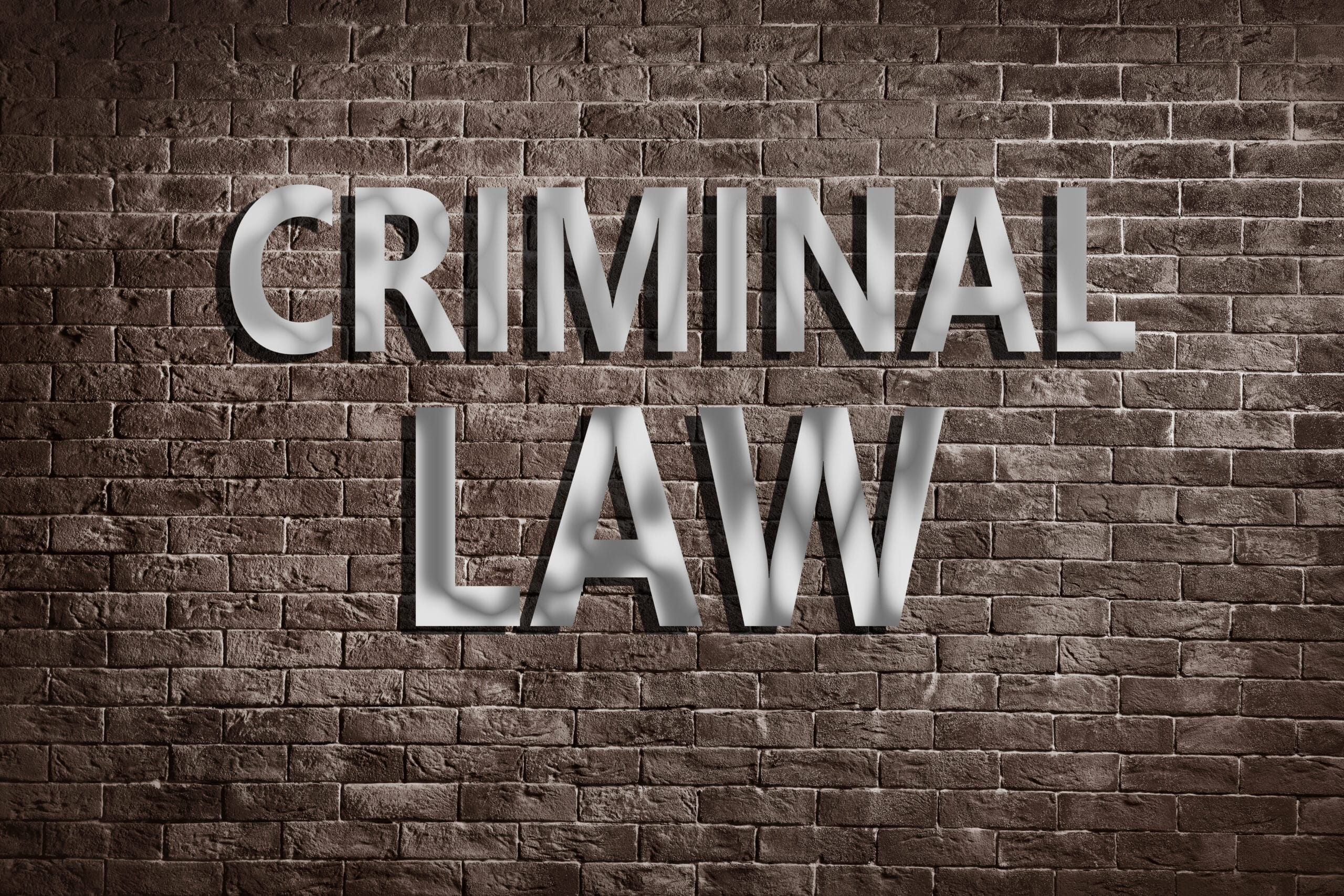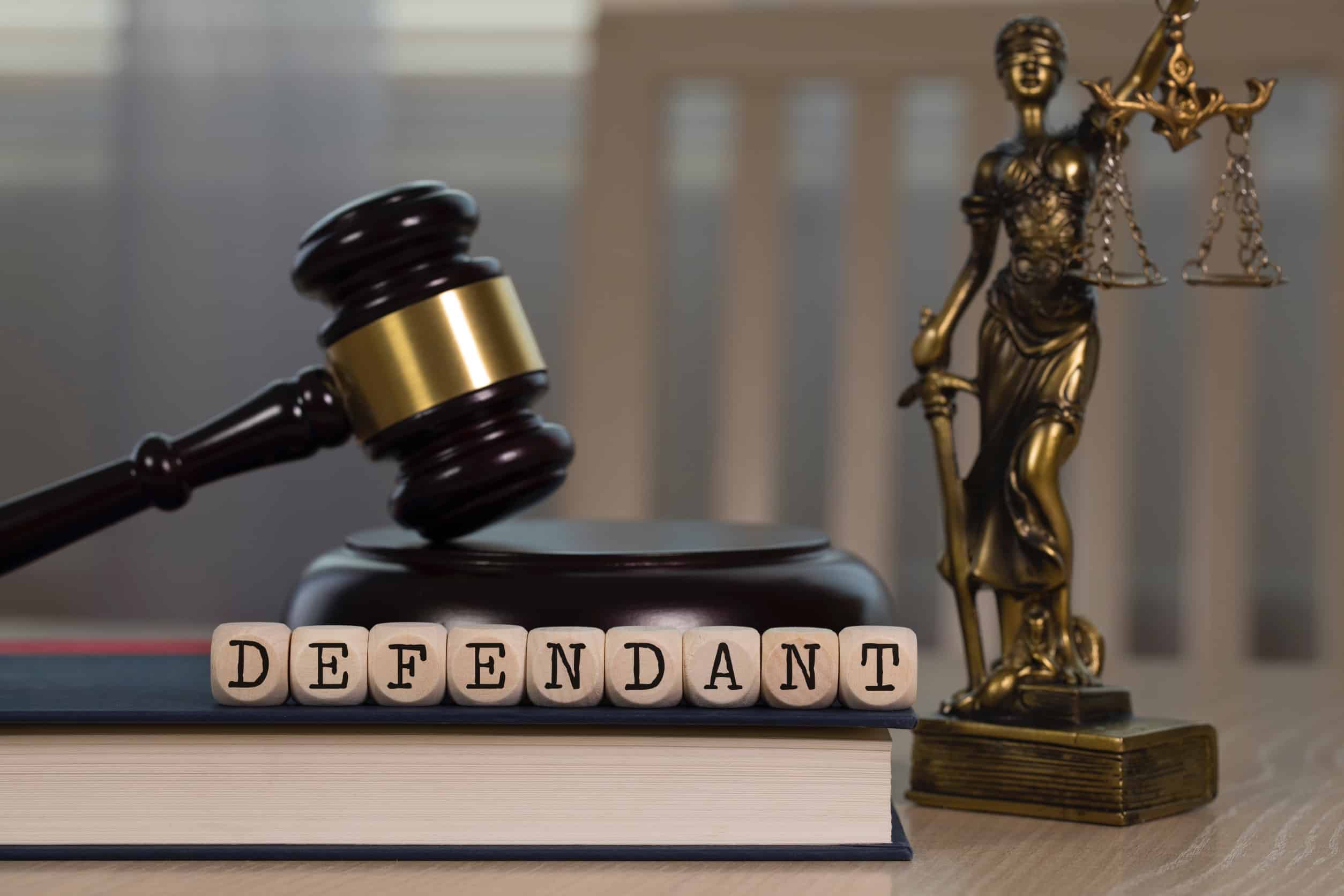In the intricate realm of criminal trials, the role of contempt cannot be overlooked. With its vibrant legal landscape, Denver demands a nuanced understanding of courtroom etiquette and the consequences of veering away from it. This article delves into the multifaceted aspects of contempt in criminal trials and highlights the significance of maintaining respect for the legal process in Denver.
The Anatomy of Contempt in Criminal Trials:
Contempt of court refers to any deliberate disobedience or disregard of a court’s rules, orders, or authority. In criminal trials, where emotions run high, and stakes are profound, contempt issues can surface unexpectedly. These issues may manifest in various forms, such as disrespectful behavior, outbursts, or non-compliance with court orders.
Disruptive Behavior
Contempt often rears its head when individuals involved in the trial fail to adhere to the decorum expected within the courtroom. Disruptive behavior, such as interrupting proceedings, engaging in heated arguments, or displaying disrespectful gestures, can prompt a judge to take action.
Non-Compliance with Court Orders
Failing to comply with court orders can also lead to contempt charges. This may include ignoring directives related to evidence submission, witness cooperation, or other procedural aspects critical to a fair trial.
Courtroom Etiquette in Denver
Denver’s legal landscape places a premium on courtroom etiquette. Attorneys, defendants, witnesses, and spectators must conduct themselves with the utmost respect for the proceedings. Failure to do so can jeopardize an individual’s case and lead to contempt charges.
Professional Demeanor
As court officers, attorneys are held to a high standard of professionalism. This extends to their interactions with opposing counsel, witnesses, and the court. Maintaining a composed and respectful demeanor is paramount to upholding the integrity of the legal process.
Witness Conduct
Witnesses play a crucial role in criminal trials, whether for the prosecution or defense. Denver’s legal community emphasizes the importance of witnesses conducting themselves with decorum. This includes providing concise and truthful testimony without unnecessary embellishments or confrontational behavior.
Defendant Decorum
Defendants facing the weight of criminal charges must also uphold proper courtroom etiquette. Remaining composed, refraining from outbursts, and respecting the judge’s authority are essential components of a strong defense strategy.
The Domino Effect of Contempt
Contemptuous behavior not only disrupts the proceedings but can also have cascading effects on the trial’s outcome. Judges may respond to contempt with sanctions ranging from warnings and fines to imprisonment. Moreover, the jury’s perception of the proceedings and the individuals involved can be significantly impacted, potentially swaying the balance of justice.
Impact on Jury Perception
Jurors are tasked with impartially evaluating the evidence presented before them. Contemptuous behavior can color their perception, leading them to question the credibility and reliability of the individuals involved. A skilled criminal defense attorney recognizes the importance of mitigating such risks and works diligently to maintain a positive image for their client.
Consequences for the Defense
Contempt charges can divert attention from a case’s core issues and disadvantage the defense. An experienced criminal defense lawyer in Denver understands the delicate balance required to navigate a trial while avoiding contemptuous pitfalls.
Navigating Contempt Allegations
A seasoned criminal defense lawyer possesses the expertise to navigate contempt allegations strategically. This includes anticipating potential triggers, counseling clients on courtroom conduct, and addressing issues promptly to minimize their impact on the trial.
Emphasizing Legal Strategy
Beyond mitigating contempt risks, an effective defense strategy requires a comprehensive understanding of Denver’s law and legal nuances. Skilled criminal defense lawyer tailors their approach to the local legal landscape, leveraging their knowledge to build a robust defense tailored to the unique dynamics of the Denver courtroom.
Client Advocacy
Building a strong defense goes beyond legal acumen; it involves unwavering advocacy for the client. An experienced criminal defense lawyer in Denver works tirelessly to safeguard their client’s rights, ensuring a fair trial and challenging any actions that may compromise the integrity of the proceedings.
Building a Strong Defense with an Experienced Criminal Defense Lawyer
Contempt in criminal trials is a nuanced challenge that demands vigilance and a deep understanding of the local legal landscape. In Denver, where respect for the legal process is paramount, the role of contempt takes on added significance.

By embracing courtroom etiquette, emphasizing professional conduct, and enlisting the expertise of an experienced criminal defense lawyer, individuals can navigate the complexities of criminal trials in Denver and strive for a fair and just outcome.
About the Author:
Kimberly Diego is a criminal defense attorney in Denver practicing at The Law Office of Kimberly Diego. She obtained her undergraduate degree from Georgetown University and her law degree at the University of Colorado. She was named one of Super Lawyers’ “Rising Stars of 2012 & 2019-2022” and a “Top 100 Trial Lawyers in Colorado” for 2012-2022 by The National Trial Lawyers. Both honors are limited to a small percentage of practicing attorneys in each state. Additionally, Expertise names her to its lists of the 25 Best Denver DUI Lawyers and 21 Best Denver Criminal Defense Lawyers, both in 2020-2022. Ms. Diego has also been recognized for her work in domestic violence cases.






